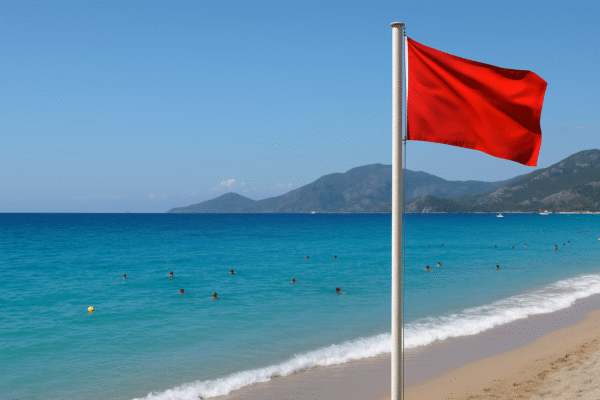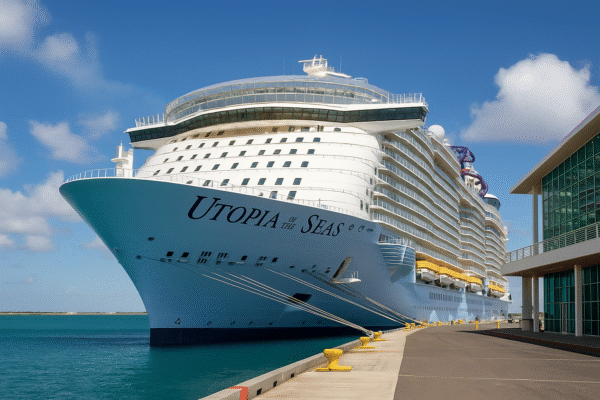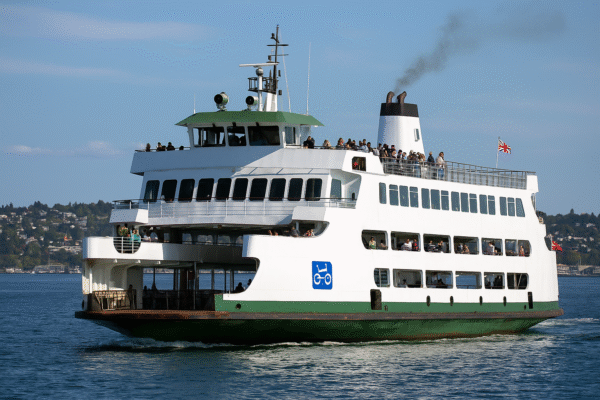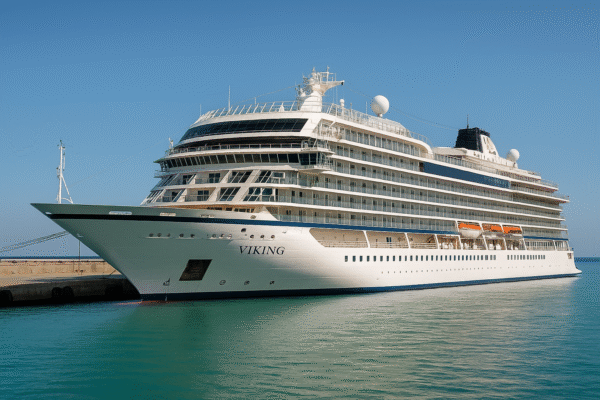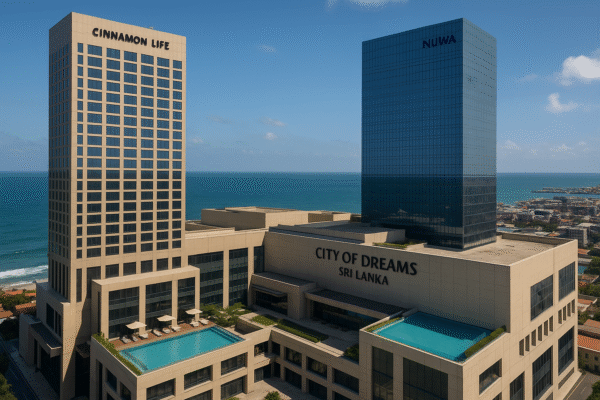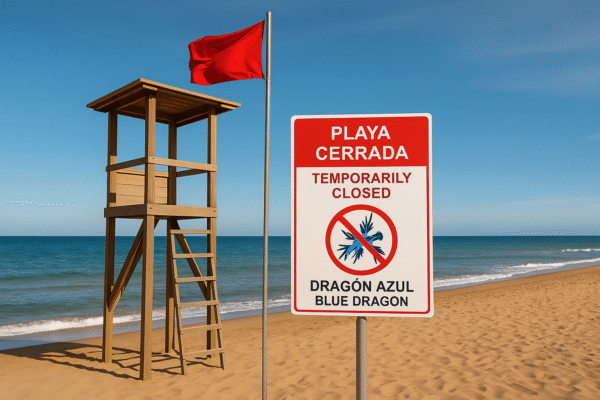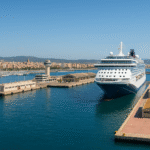In a rare and startling turn of events this August, the peaceful beaches of Guardamar del Segura on Spain’s Costa Blanca were closed for a brief period after local authorities identified two blue dragon sea slugs (Glaucus atlanticus) washed ashore. These vividly coloured—but highly venomous—creatures prompted a swift safety response to protect swimmers and sunbathers alike.
Unexpected Beach Closure
On August 20, 2025, local officials raised red flags across all municipal beaches following the discovery of two Glaucus atlanticus specimens at Vivers Beach. The mayor, José Luis Sáez, shared the warning via social media, advising residents and visitors to avoid contact and to refrain from swimming until further notice. The precautionary measure aimed to eliminate any risk from the slugs’ potent sting.
About the Glaucus atlanticus (“Blue Dragon”)
Despite their small size—averaging 3 to 4 centimeters—blue dragons are anything but harmless. These pelagic sea slugs drift on the ocean surface, buoyed by a gas bubble in their stomachs, and cleverly display blue and silver coloring to camouflage from predators above and below. They prey on venomous creatures such as the Portuguese man o’ war, harvesting and concentrating their nematocysts to make themselves even more dangerous. A single blue dragon can deliver a sting potent enough to cause severe skin burns, nausea, vomiting, and allergic reactions.
Reopening Under Vigilance
Thankfully, by August 21, no additional blue dragon sightings were reported. Authorities reverted to a yellow flag status, signaling that swimming was once again permitted—with caution. Lifeguards, police, and emergency services remain on high alert along Guardamar’s shoreline to swiftly respond to any future encounters.
Tourist Impact and Local Response
The temporary ban disrupted summer routines at one of Costa Blanca’s most beloved destinations. However, safety prevailed. Tourists largely supported the decision, appreciating the swift, transparent communication from officials. This proactive stance not only ensured safety but demonstrated Guardamar’s commitment to well-managed, responsible tourism.
Mayor Sáez encouraged beachgoers to remain vigilant. In case of contact with one of these creatures—even if using protective gloves—visitors are instructed to rinse the area with saltwater immediately and seek medical help if symptoms persist.
What Makes This Occurrence Rare?
Blue dragons are not native to the Mediterranean. They typically inhabit tropical and temperate waters across the Atlantic, Pacific, and Indian Oceans and are carried long distances by currents and winds. Their arrival in Alicante is rare, making this sighting especially notable. Interestingly, these nudibranchs hadn’t been documented in the Mediterranean for centuries until sightings resumed in 2021—hinting at shifting oceanic patterns or broader ecological changes.
Tips for Safe Beach Visits in Guardamar
- Stay informed: Always check flag statuses at Guardamar beaches—red means no swimming, yellow means swim with caution.
- Avoid touching marine life: Even specimens that appear washed ashore can still deliver dangerous stings.
- Know first-aid measures: Rinsing with saltwater can provide relief after a sting, but promptly head to a medical facility if symptoms escalate.
- Report sightings immediately: Help officials maintain safety by notifying lifeguards or beach authorities.
Why This Matters for Tourism
Guardamar del Segura is renowned for its turquoise waters, golden sands, and inviting beachfront promenades. This vacation hotspot draws families, sunseekers, and cultural travelers. The blue dragon incident highlights the sometimes unpredictable nature of marine environments and underscores the importance of responsive local governance in preserving tourism safety. Despite the scare, confidence has returned. Beaches are open, lifeguards vigilant, and visitors reassured.
This incident may be a rare reminder of nature’s surprises, but Guardamar’s swift and measured response ensures that the town continues to shine brightly on Spain’s Costa Blanca. For travelers seeking Mediterranean charm—with a dash of wilderness—Guardamar remains a safe and splendid destination.
For more travel news like this, keep reading Global Travel Wire



